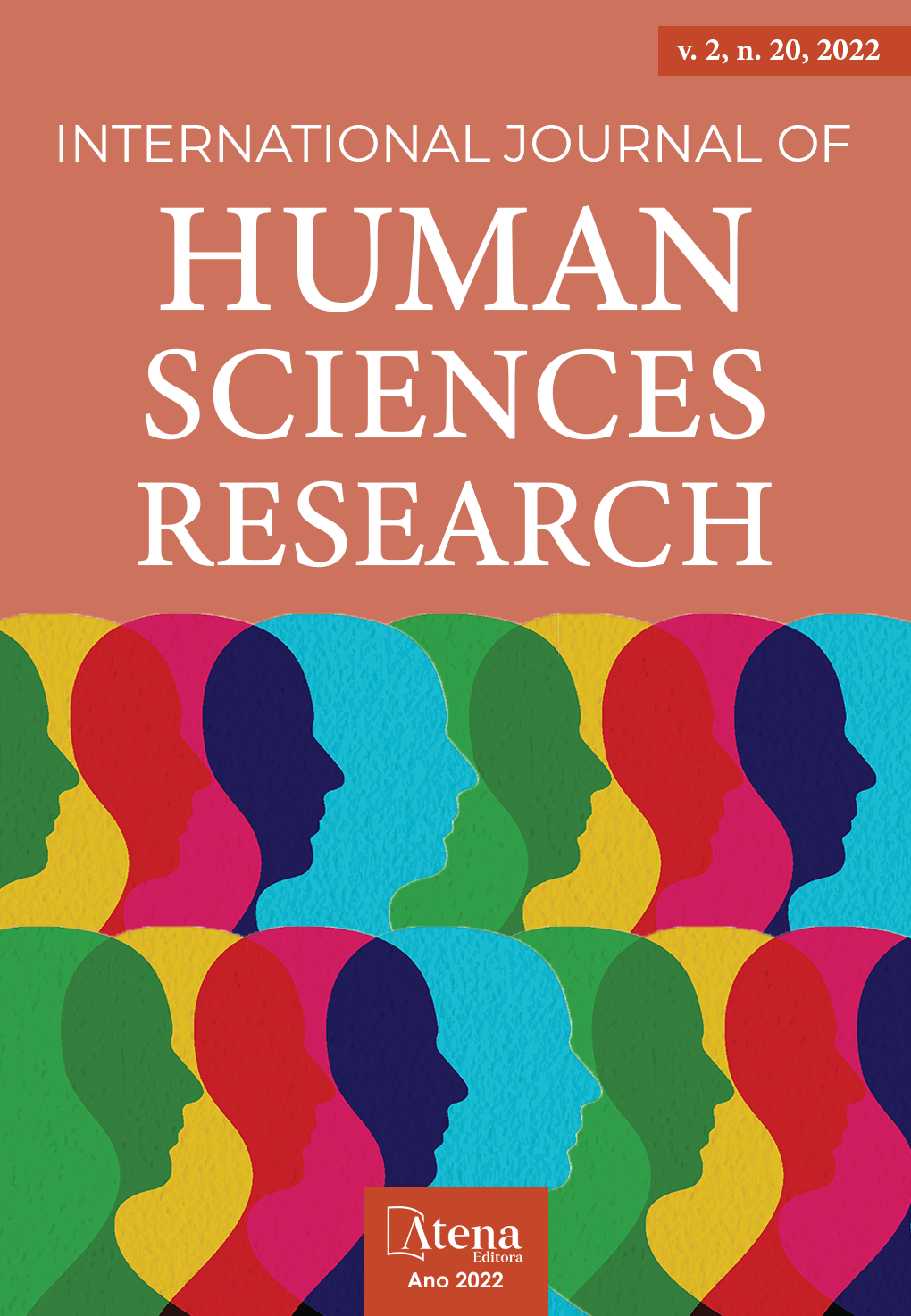
CONTRIBUTIONS OF THE MINING INDUSTRY TO SOCIO-DEMOGRAPHIC GROWTH IN DEVELOPING COUNTRIES – A LOOK AT THE MOATIZE CARBON BASIN IN MOZAMBIQUE
The establishment of companies linked to the extractive industry in the Moatize Coal Basin (BCM), in Mozambique, had a positive impact on the economy and the living conditions of the population in this region, despite the less favorable impacts associated with the mining process. The coal region in question, which covers the districts of Moatize, Marara and the City of Tete, where the companies Vale – Mozambique/Brazil, Jindal – South Africa, ICVL – India are operating, as well as others dedicated to services for the exploitation of coal, have become preferred destinations for many people from different continents (Europe, Asia and America), as well as from African countries such as South Africa, Zimbabwe or Malawi and also from several provinces of Mozambique. This migratory movement was conditioned by the search and search for business and employment opportunities in the companies existing in this coal zone. Since they started operating, the aforementioned companies have already created 9,585 direct jobs and, it is admitted, many others will have been created by the companies subcontracted by the megaprojects. This fact contributed to the growth of the country's Gross Domestic Product (GDP) and to the improvement of the living conditions of the local population, due to the increase in purchasing power and the possibility of acquiring improved goods and services, given that workers and their households now have medical and medication assistance, social assistance, in addition to having a guaranteed salary at the end of the month, thus making it possible to contribute to the payment of taxes to the state, availability to search for quality services for their dependents for education, health, transport and other essential goods for their daily lives, facts that contribute to improving life expectancy and productivity, thus raising the country's economy.
CONTRIBUTIONS OF THE MINING INDUSTRY TO SOCIO-DEMOGRAPHIC GROWTH IN DEVELOPING COUNTRIES – A LOOK AT THE MOATIZE CARBON BASIN IN MOZAMBIQUE
-
DOI: 10.22533/at.ed.5582202211076
-
Palavras-chave: Impacts, Mining, Coal, Environment, Sustainability
-
Keywords: Impacts, Mining, Coal, Environment, Sustainability
-
Abstract:
The establishment of companies linked to the extractive industry in the Moatize Coal Basin (BCM), in Mozambique, had a positive impact on the economy and the living conditions of the population in this region, despite the less favorable impacts associated with the mining process. The coal region in question, which covers the districts of Moatize, Marara and the City of Tete, where the companies Vale – Mozambique/Brazil, Jindal – South Africa, ICVL – India are operating, as well as others dedicated to services for the exploitation of coal, have become preferred destinations for many people from different continents (Europe, Asia and America), as well as from African countries such as South Africa, Zimbabwe or Malawi and also from several provinces of Mozambique. This migratory movement was conditioned by the search and search for business and employment opportunities in the companies existing in this coal zone. Since they started operating, the aforementioned companies have already created 9,585 direct jobs and, it is admitted, many others will have been created by the companies subcontracted by the megaprojects. This fact contributed to the growth of the country's Gross Domestic Product (GDP) and to the improvement of the living conditions of the local population, due to the increase in purchasing power and the possibility of acquiring improved goods and services, given that workers and their households now have medical and medication assistance, social assistance, in addition to having a guaranteed salary at the end of the month, thus making it possible to contribute to the payment of taxes to the state, availability to search for quality services for their dependents for education, health, transport and other essential goods for their daily lives, facts that contribute to improving life expectancy and productivity, thus raising the country's economy.
-
Número de páginas: 23
- Paulo Marcos Sebastião
- António Armindo Ruben Monjane
- António José Guerner Dias


